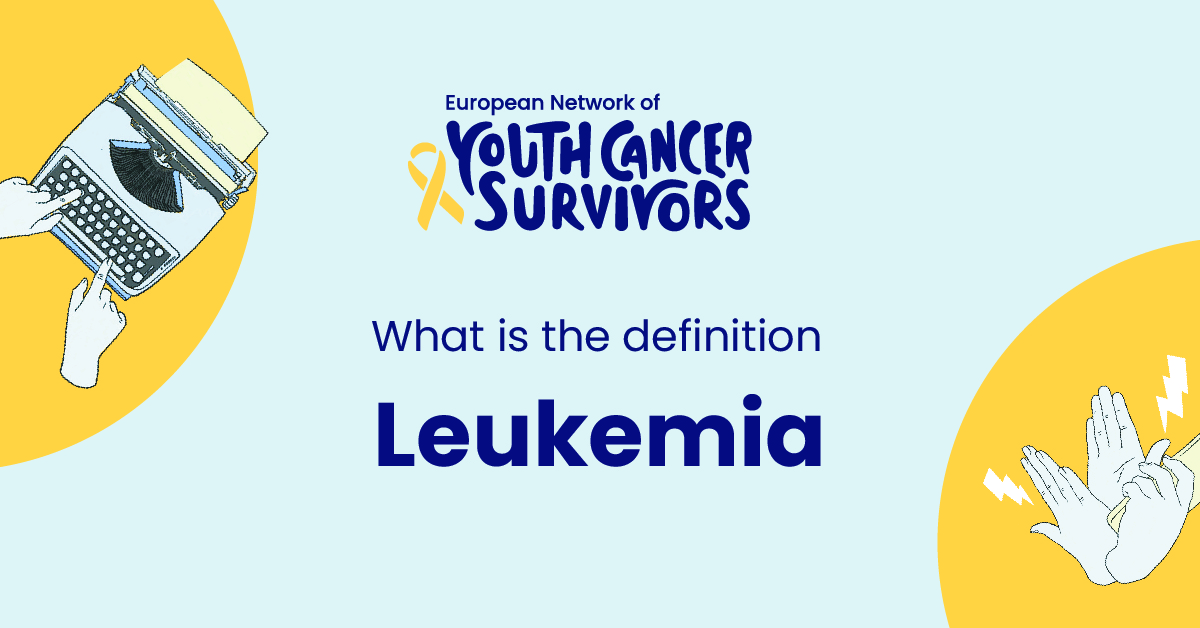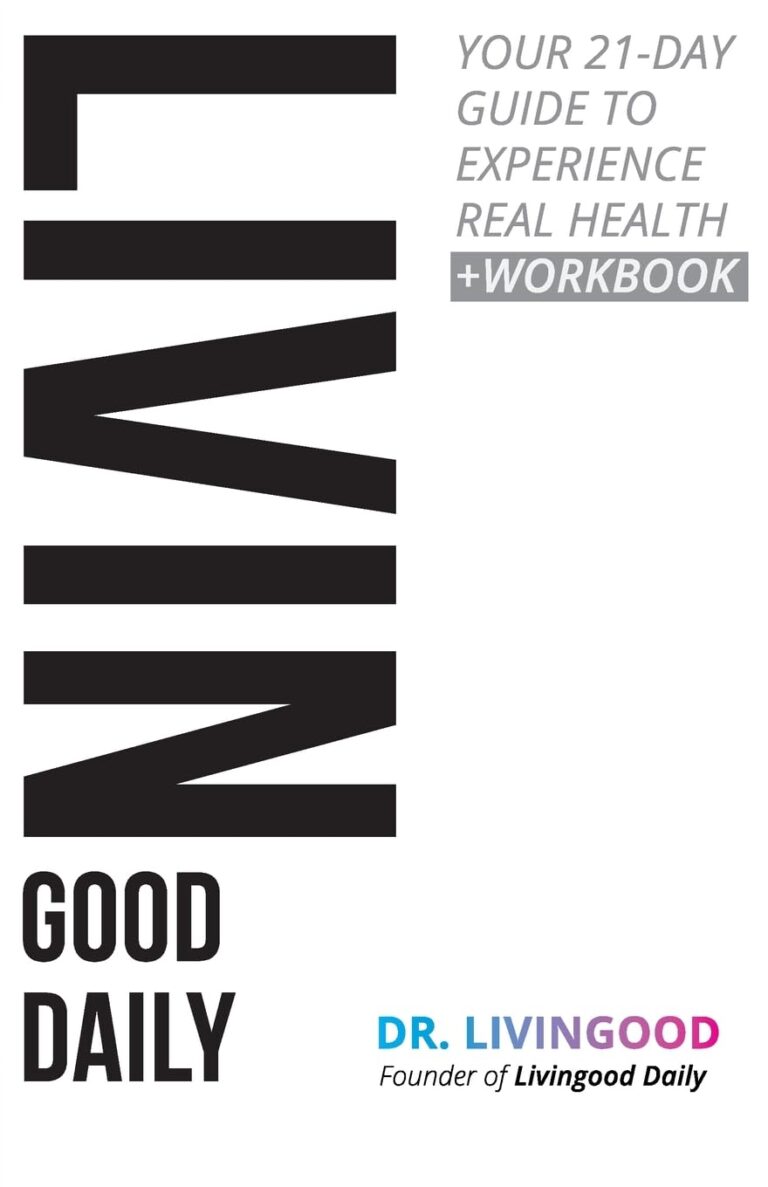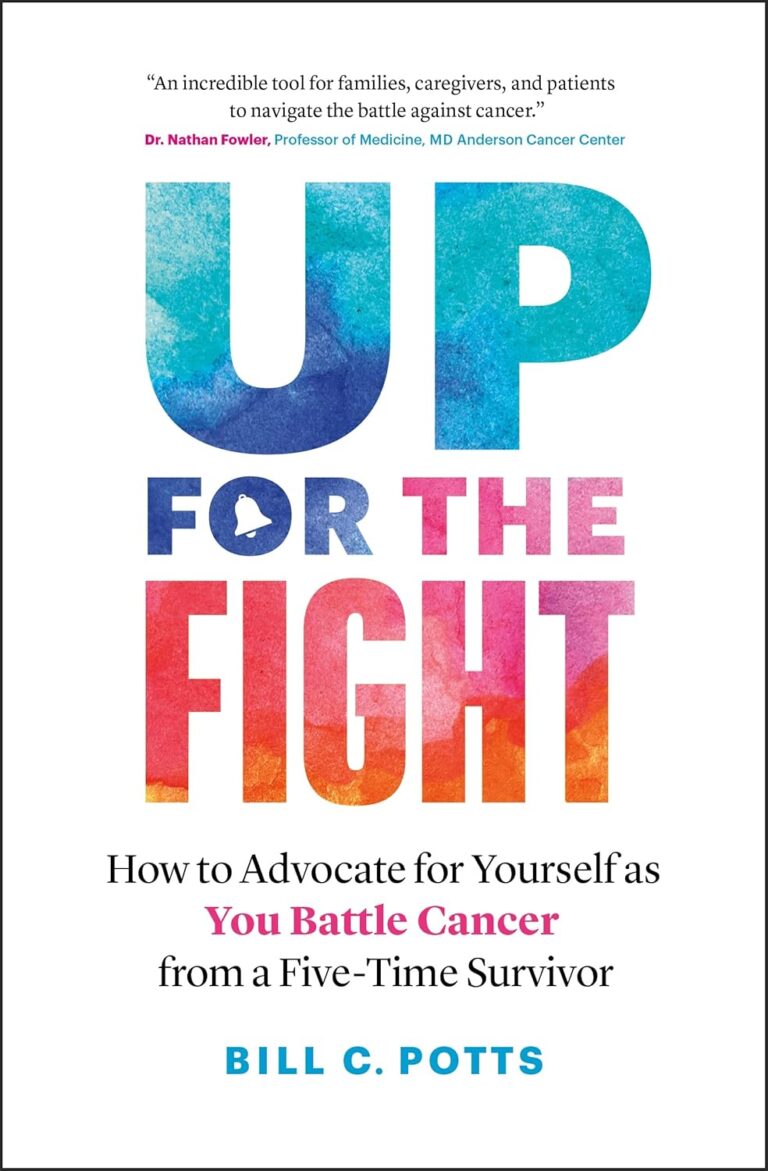
Leukemia is a type of cancer that most commonly affects the blood and bone marrow. It is distinguished by an abnormal multiplication of white blood cells in the body, disrupting the balance of cells necessary for a healthy immune system.
The importance of understanding leukemia cannot be overstated. A sound comprehension of this disease is crucial in managing its impact and potentially improving outcomes for patients. Globally, leukemia affects hundreds of thousands of individuals, and it shows no signs of abating. The prevalence of leukemia continues to rise, making it a global health concern.
Understanding the Basics: Definition of Leukemia
Leukemia is a complex disease that can be characterized by the uncontrolled proliferation of white blood cells, specifically those in the bone marrow. These abnormal cells take over healthy cells, leading to a compromised immune system, poor blood clotting, and anemia.
Leukemia affects the cell-development process that occurs in the bone marrow. In a healthy individual, new cells are produced and mature in the bone marrow, ready to replace old ones. However, for a person with Leukemia, this balance is disrupted as malignant (cancerous) cells reproduce quickly and do not function as they should.
Distinct Types of Leukemia
There are several distinct types of leukemia, each with its own characteristics and prevalence rate. The four primary types are Acute Lymphoblastic Leukemia (ALL), Acute Myeloid Leukemia (AML), Chronic Lymphoblastic Leukemia (CLL), and Chronic Myeloid Leukemia (CML). Furthermore, each type can vary in severity and progression rate.
The type of Leukemia a person is diagnosed with often dictates the treatment approach and can influence prognosis.
Causes and Risk Factors of Leukemia
While there is no specific known cause of leukemia, a combination of genetic and environmental risk factors are believed to contribute to its development. These include exposure to certain chemicals, radiation, specific genetic disorders, and some viruses.
There are many misconceptions about the causes of leukemia, such as the belief that it can be caused by a weak immune system or unhealthy lifestyle. However, this is erroneous as the cause of leukemia is not fully known and is likely due to a combination of factors.
Get to know us better
If you are reading this, you are in the right place – we do not care who you are and what you do, press the button and follow discussions live

Signs and Symptoms of Leukemia
Common symptoms experienced by leukemia patients include fatigue, easy bruising or bleeding, frequent infections, and weight loss. However, these symptoms can vary by the type and stage of leukemia and may mimic those of other illnesses, making early detection difficult.
Regardless of variations, recognizing these signs and symptoms early and seeking prompt medical attention can significantly affect treatment outcomes.
Diagnosing Leukemia: Tests and Procedures
Diagnosing leukemia requires a series of tests and procedures such as physical examinations, blood tests, bone marrow aspiration, and biopsy. The results are used to confirm leukemia and determine its type and stage.
The patient’s journey during the diagnosis can vary greatly from routine outpatient visits to extended hospital stays, depending on the individual’s health and the progression of the disease.
Treatment Options for Leukemia
The treatment approach for leukemia largely depends on the type and stage of the disease. Options include chemotherapy, radiation therapy, stem cell transplant, and targeted therapy. Notably, advancements in leukemia treatment have improved survival rates significantly over the years.
An essential aspect of managing leukemia is choosing the best treatment method catered to the patient’s specific needs and circumstances. This is often a collaborative decision involving the patient, their family, and the healthcare team.
Living with Leukemia: Quality of Life and Coping Strategies
Leukemia significantly impacts the quality of life of patients, affecting their physical, emotional, and psychological well-being. Despite this, there are several strategies for coping with Leukemia. These include maintaining a healthy lifestyle, creating a supportive environment, and seeking professional psychological help.
Support groups and resources play a significant role in helping individuals cope with the disease, providing a safe space to share experiences, gain advice, and foster resilience.
Conclusion
It is crucial to have an understanding of leukemia, as this knowledge aids in early detection, and effective treatment planning and enhances the way society supports those diagnosed. We have delved into the definition, types, causes, symptoms, diagnosis, and treatment of leukemia.
The importance of awareness, early detection, and timely intervention in alleviating the burden of leukemia cannot be emphasized enough. By increasing awareness and knowledge of Leukemia, not only in the medical community but also in the wider public, we take a vital step towards combating this disease.
FAQs:
- Is Leukemia hereditary?
While specific genetic mutations linked to leukemia can be inherited, the majority of leukemia cases are not hereditary.
- Can Leukemia be prevented?
There are no proven ways to prevent leukemia; however, avoiding risk factors such as smoking and exposure to certain chemicals can lower your risk.
- How long can you live with Leukemia?
Survival rates depend on the type and stage of leukemia, as well as the patient’s age and general health. Recent advancements in treatment have resulted in improved survival rates.
- Are there lifestyle changes that can lead to an improved prognosis?
Yes, a healthy lifestyle, including a balanced diet and regular exercise, can boost overall health and potentially increase response to treatment.
- What types of doctors treat Leukemia?
Hematologists and oncologists are specialized doctors who typically treat leukemia.

















Comments
Thank you. Comment sent for approval.
Something is wrong, try again later